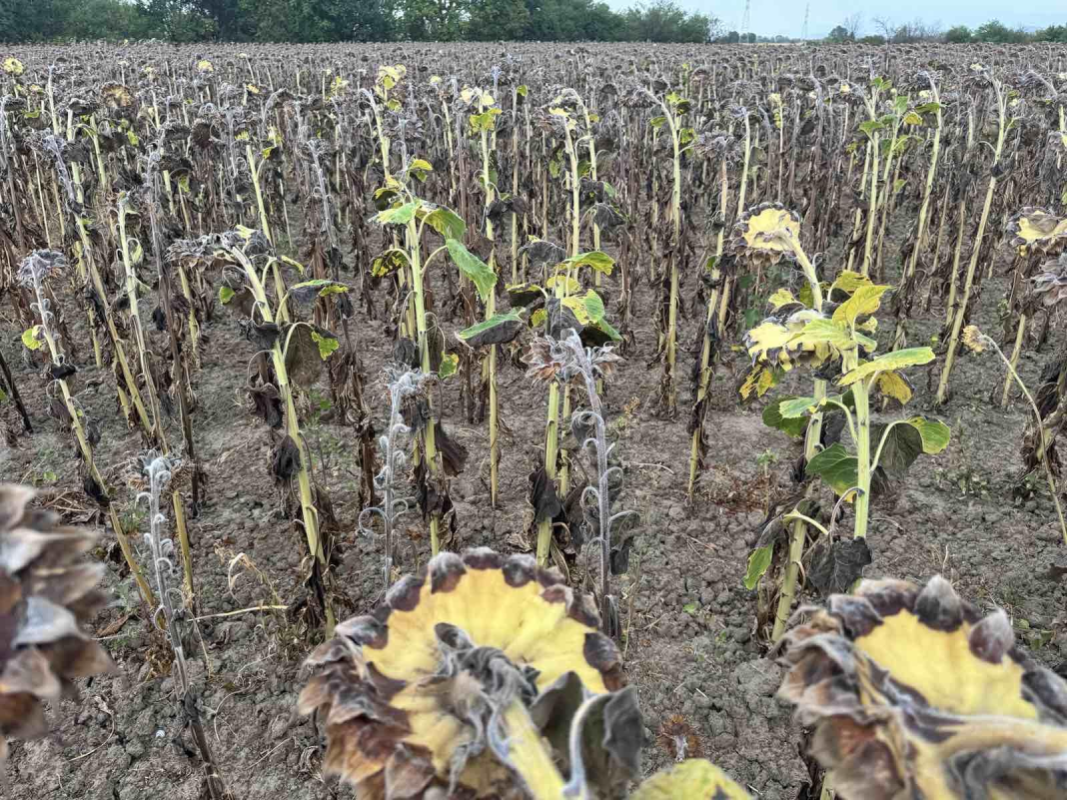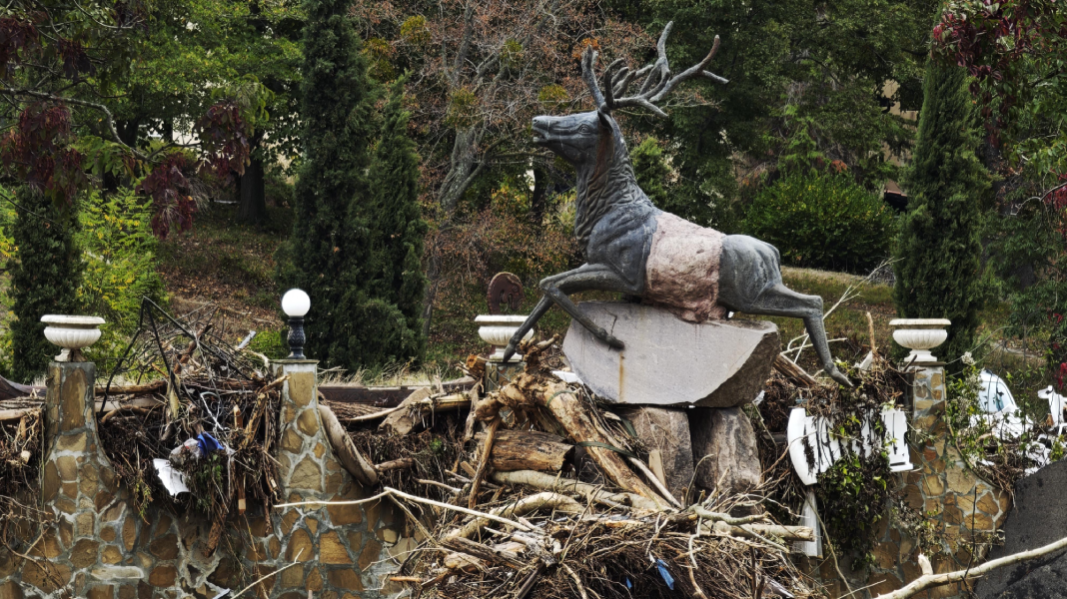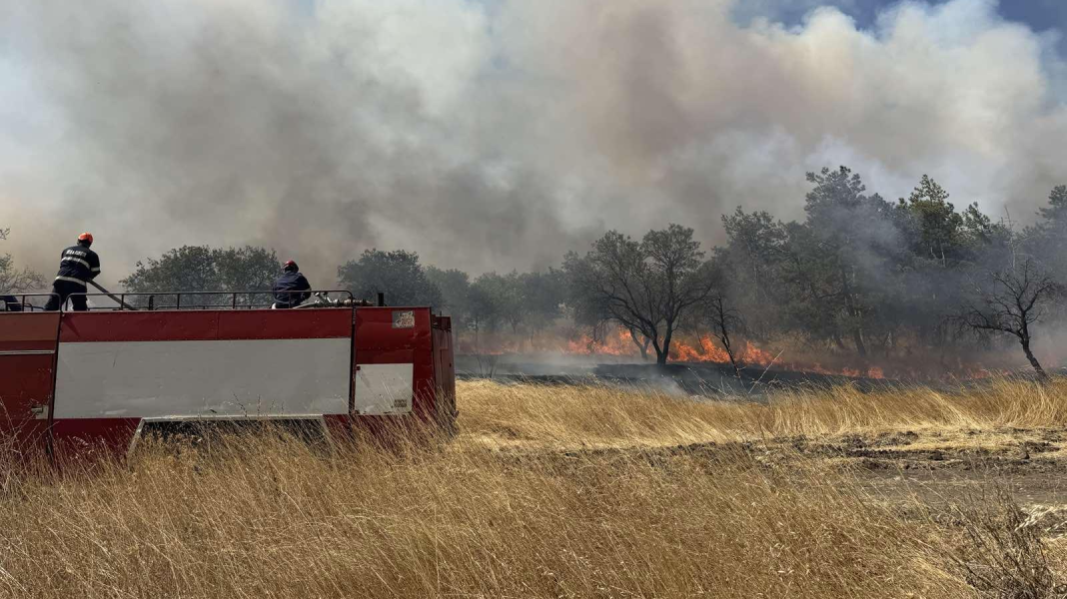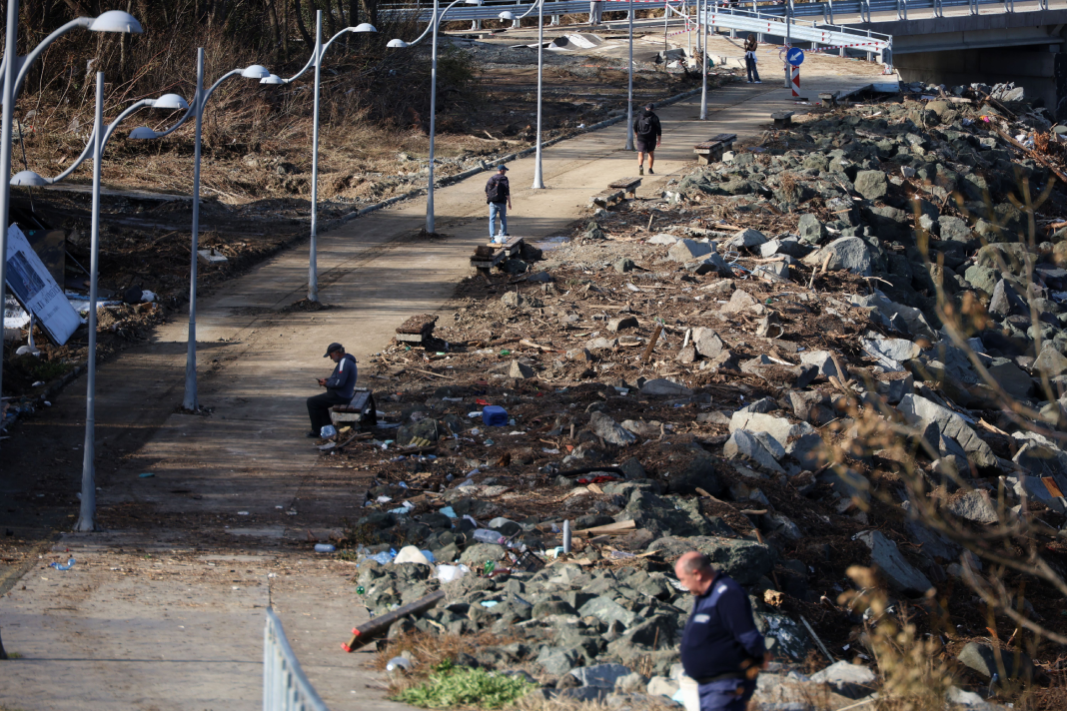Since the beginning of the current year, Bulgaria has experienced record heat waves, a series of devastating fires, and a new disaster just days ago – catastrophic floods that claimed human lives. Climate change already has its price – and it is growing with each passing year. According to a new analysis by the European Central Bank (ECB) and the University of Mannheim, it cost Europe around 43 billion euros in 2025 alone. But these are preliminary figures that do not take into account the continent's latest natural disasters, and the year is not over yet.




We can do more – protect the soil, use and recycle water wisely, so as not to undermine the possibilities for food production. But this requires recognition of the problem, as well as good planning. However, Bulgarian society has difficulty recognizing these long-term trends and is often deceived by populist promises that there is no need for action.

A Bulgarian company is expanding its production of laser cutting machines in the Sofia-Bozhurishte Industrial Park, the Ministry of Economy announced. The investment is worth 2 million leva (over 1 million euros). The company will build a new..
The tariffs imposed on European goods by the Trump administration are expected to have both direct and indirect effects on Bulgarian exports. The Ministry of Economy and Industry has calculated the direct impact at €468 million, while..
The Celestial Empire, the “world’s factory”—that is China, the globe’s second-largest economy. The Asian powerhouse is actively expanding its economic reach worldwide, with the Belt and Road Initiative as the apogee of these efforts, through which..
In 2024, 8.2% of people aged 18 or over who declared to be at work (either employed or self-employed) in the EU were at risk of poverty, according to..
Bulgaria’s Ministry of Finance has published the draft state budget in euros for 2026. The country’s GDP is projected to reach EUR 120.1 billion, with..
Citizens should remain calm about the introduction of the euro in Bulgaria from January 1, 2026, as the Bulgarian National Bank and commercial banks are..

+359 2 9336 661
